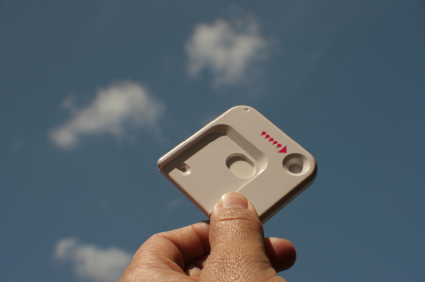“Cultural barriers to tackling the superbug crisis”
“Research led by the University of Oxford has revealed how the complex cultural and social environment in developing countries can complicate the use of new diagnostic technologies to fight the global superbug crisis.
The research, led by Dr. Marco J Haenssgen at the CABDyN Complexity Centre and the Centre for Tropical Medicine and Global Health, involved a new finger-prick blood test (C-reactive protein) to help nurses and doctors decide whether their patients need antibiotic treatment.
The superbug crisis has arisen because microbes are becoming increasingly resistant to antibiotics and other antimicrobials. The severity of the problem has been described in a recent World Bank report entitled ‘Drug-Resistant Infections: A Threat to Our Economic Future’, which warns that the current trends of antimicrobial use can entail ‘a reversal of the public-health gains of the past century, and the economic growth, development, and poverty reduction these gains enabled.’
Among the many contributing factors to drug resistance is the unnecessary use of antibiotics for illnesses that can be cured with other medicines or treatments. New funding is being provided to solve this problem, for examples with the Fleming Fund, the Wellcome Trust, and Nesta’s Longitude Prize, providing tens of millions of pounds to identify new diagnostic tests to help healthcare staff to end unnecessary antibiotic prescriptions.”
Source: Medical Press



